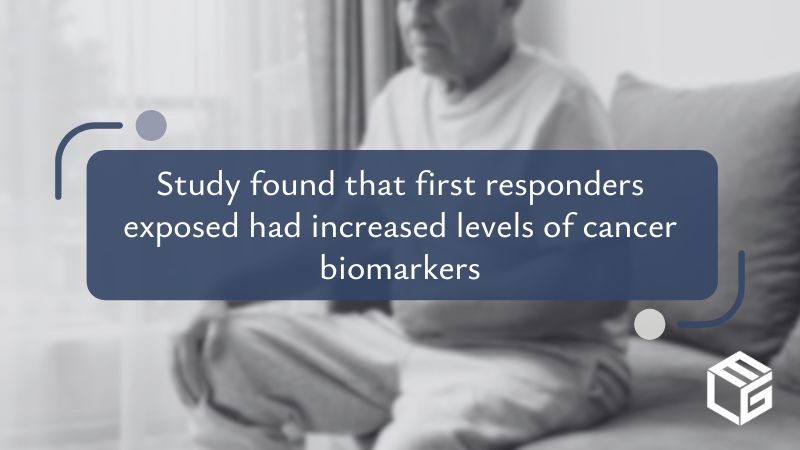First responders of the 9/11 attacks are at a higher risk of colorectal cancer
Colorectal cancer develops within the large intestine, which includes the colon and rectum. It often starts a small growth or polyp on the inner lining of these organs. Small polyps are usually harmless but can turn cancerous over time.
The 9/11 attack released a toxic cloud filled with dangerous materials, including cancer-causing chemicals like asbestos, benzene, and polycyclic aromatic hydrocarbons. These chemicals have been linked to colorectal cancer. A recent study found that first responders who were exposed to high levels of the 9/11 dust cloud had increased levels of cancer biomarkers. According to the research, the exposure caused chronic inflammation in the colon, leading to the development of colorectal cancer.
The symptoms of colorectal cancer include:
- changes in bowel habits like diarrhea or constipation
- change in the consistency of stool
- rectal bleeding or blood in the stool
- persistent abdominal pain, cramps, or gas
- unintended weight loss
- fatigue
- weakness
9/11 Victim Compensation Fund payout for colorectal cancer
If you were a WTC responder or were present at the 9/11 attack sites during or after the attacks and have developed colorectal cancer, you may be eligible to receive compensation.
The 9/11 Victim Compensation Fund payout for a victim is calculated based on the formula “non-economic loss + economic loss - collateral offsets.” While the VCF payout would sum up to $250,000, the compensation can be even higher, depending on the severity of your illness.
